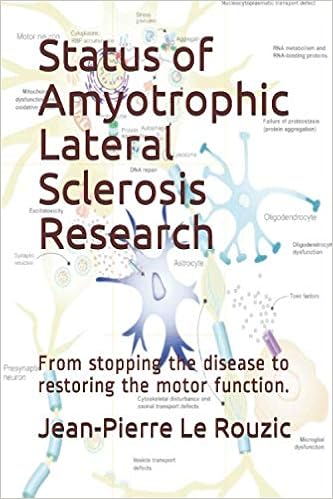Two recent articles, one about China and the other from Europe, are pointing at a link between childhood trauma and Alzheimer disease.
The first article was published by Zhuoer Lina and Xi Chen of Yale university and Alzheimer's Disease Research Center, New Haven in USA.
The scientists explored the long-term relationship between childhood circumstances and cognitive aging.
Applying a linear mixed-effect model to three waves of China Health and Retirement Longitudinal Surveys they found that key domains of childhood circumstances are significantly associated with both the level of cognitive deficit and the rate of decline.
These key areas are family socioeconomic status (SES), neighborhood cohesion, friendship, and health conditions.
In contrast, childhood neighborhood safety only affects the level of cognitive deficit.
The scientists found that relationship with mother can buffer against cognitive decline in later life; whereas the relationship with father cannot. This pattern can be explained by the different roles that father and mother play at home, which contribute differently to children's cognitive development.
For Zhuoer Lina and Xi Chen, the effects of adverse childhood circumstances are generally larger on level of cognitive deficit than on rate of cognitive decline. Moreover for them, education plays a more important role in mediating the relationships compared to other later-life factors. They suggest that exposure to disadvantaged childhood circumstances can exacerbate cognitive deficit as well as cognitive decline over time, which may be partially ameliorated by educational attainment.
Yet adulthood social engagement is likely an underlying pathway through which neighborhood cohesion and friendship in childhood influence cognitive aging. Overall, education seems the most important mediator.
In the other article Sandra Van der Auwera, Hans J Grabe and their colleagues from the German Centre for Neurodegenerative Diseases in Greifswald, Germany, looked at miRNAs as a feature in common between childhood abuse and Alzheimer's Disease.
Many studies point towards an involvement of miRNAs in neuropsychiatric disorders such as Alzheimer's Disease, schizophrenia or depression. In a recent study the German scientists identified a possible relationship between childhood traumatization and miRNAs associated with Alzheimer's Disease in the general population as well as in a small psychiatric clinical sample.
In their previous study the authors identified a possible relationship between childhood traumatization and miRNAs associated with Alzheimer's Disease in the general population as well as in a small psychiatric clinical sample. In this new study they aimed to confirm this biological link in an independent psychiatric clinical sample (N = 104) and to also explore the impact of different childhood trauma dimensions (sum score, abuse dimension and neglect dimension).
They found different impact on disease in the combined sample (N = 154; N = 50 from the recent study) and could confirm associations for all of their four recently identified miRNAs in the replication sample (N = 104) on a suggested significance level of p < 0.08 (two with p < 0.05).

In the combined sample (N = 154) fifteen miRNAs were significantly associated with the childhood trauma sum score after correction for multiple testing. Most of them showed recently significant associations for Alzheimer's Disease. For the subscores of abuse and neglect only one miRNA was identified in addition, associated with childhood neglect.
A sizable body of research has focused on the long-term health impacts of childhood circumstances. But any mechanism of action remained elusive.
miRNAs are small single-stranded non-coding RNA molecules, that functions in RNA silencing and post-transcriptional regulation of gene expression. They appear to regulate the development and function of the nervous system and are involved at various stages of synaptic development synapse formation and maturation.

